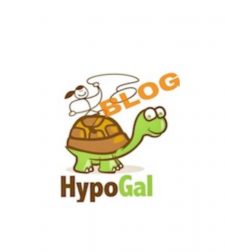What Is Sheehan’s Syndrome?
What is Sheehan’s Syndrome?
The rare disease Sheehan’s Syndrome is a disease that affects the function of the pituitary gland and is caused by severe blood loss during or after childbirth.
The loss of blood to the pituitary gland may destroy hormone-producing tissue.
When necrosis of the pituitary gland occurs the pituitary may lose some or all of its function.
The disease, Sheehan’s Syndrome is named after Dr. Harold Leeming Sheehan.
In 1937 Dr. Sheehan’s complete concept of the syndrome was reviewed. He emphasized that during pregnancy the pituitary becomes enlarged but its blood supply becomes diminished.
If a woman hemorrhages during childbirth it causes a severe drop in blood pressure (hypotension) and may damage the pituitary.
A simple way to understand this concept is the loss of blood (hemorrhaging) to the pituitary creates an infarct (stroke) in the pituitary gland.
The infarct may cause part or all of the pituitary gland to stop functioning. The damaging results from a pituitary gland infarct can occur immediately after childbirth or decline gradually.
The damage to the pituitary gland can affect the gland’s ability to signal other glands to increase or decrease the production of hormones that control stress, muscle mass, urinary output, metabolism, fertility, wound healing and many other vital processes.
A lack of any of these hormones can cause health problems throughout your body.
The signs and symptoms of pituitary deficiency may develop so gradually over time and the onset of Sheehan’s Syndrome escapes being noticed.
These hormones are secreted by the pituitary gland:
Adrenocorticotropic Hormone (ACTH)
Growth Hormone
Antidiuretic Hormone (ADH)
Oxytocin
Prolactin
Luteinizing Hormone (LH)
Folicle-Stimulating Hormone (FSH)
Thyroid-Stimulation Hormone (TSH)
Many doctors have never treated a Sheehan’s Syndrome patient and they may have only briefly read about the disease in medical school.
You can read more about Life With Sheehan’s at HypoGal.com.
You can find additional shortcuts to living with a chronic illness on the HypoGal website.
Please, like, HypoGal on Facebook.

